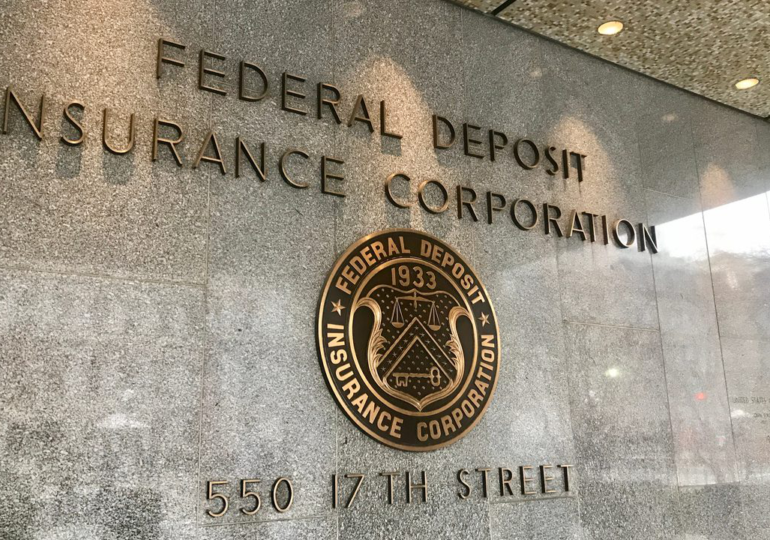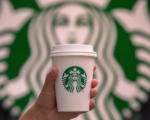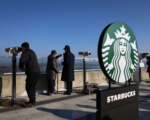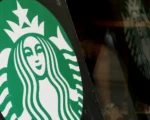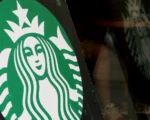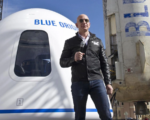Starbucks Loses Appeal Over Firing of Unionizing Baristas in NLRB Case

Starbucks suffered a significant legal setback on Friday as a federal appeals court largely upheld a National Labor Relations Board (NLRB) decision that the coffee giant illegally fired two baristas in Philadelphia who were seeking to unionize.
The 3rd U.S. Circuit Court of Appeals ruled that Starbucks failed to provide grounds to challenge the constitutionality of NLRB administrative law judges. This decision may hinder similar efforts by companies such as Amazon, Trader Joe’s, and SpaceX to limit the agency’s enforcement authority.
Writing for the three-judge panel, Circuit Judge Thomas Ambro stated that there was substantial evidence supporting the NLRB’s conclusion that Starbucks engaged in unfair labor practices by firing baristas Echo Nowakowska and Tristan Bussiere. The court also agreed that the company reduced Nowakowska’s hours in retaliation for her union-organizing efforts.
The court rejected Starbucks’ argument that it should not be required to rehire the baristas with back pay, despite the company’s claim that the employees secretly recorded meetings with supervisors. Starbucks argued that it discovered these recordings only after the terminations, but the court found that the company was aware of this activity prior to firing the workers.
However, the court ruled that the NLRB overstepped its authority by ordering Starbucks to cover the baristas’ foreseeable expenses, such as costs incurred while seeking new jobs or paying out-of-pocket medical bills.
Starbucks maintained that the firings were unrelated to union activity, alleging Nowakowska had performed poorly and mistreated customers, while Bussiere was accused of spreading false rumors about another employee’s termination. The company has yet to comment on the ruling.
The broader case marks the first instance of a federal appeals court addressing challenges to the NLRB’s enforcement powers, including the constitutionality of its administrative law judges being shielded from presidential removal. Judge Ambro dismissed Starbucks’ standing to challenge these protections, noting the company could not demonstrate harm.
Starbucks has faced numerous allegations of unfair labor practices amid a nationwide unionization campaign by its workers. The campaign, spearheaded by Starbucks Workers United, included strikes at more than 300 stores in December.
The cases are NLRB v. Starbucks Corp, No. 23-1953, and Starbucks Corp v. NLRB, No. 23-2241, both in the 3rd U.S. Circuit Court of Appeals.



